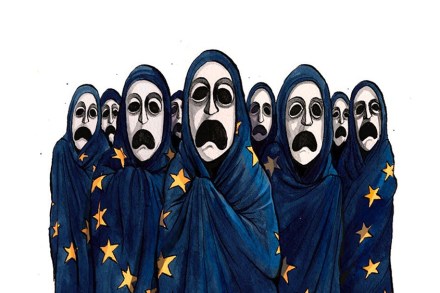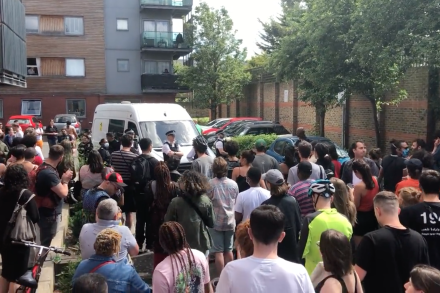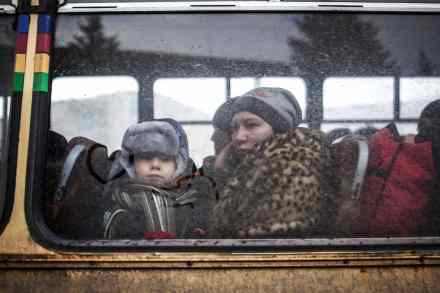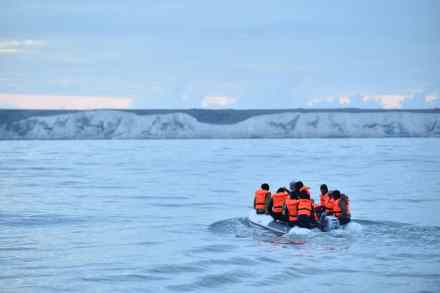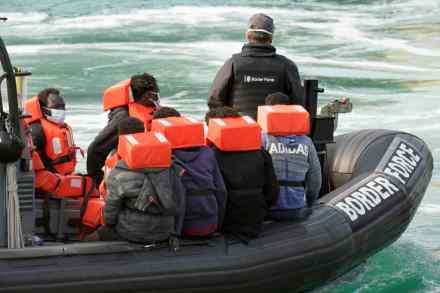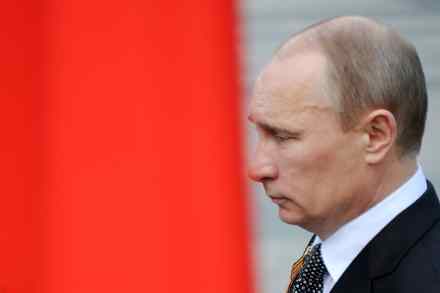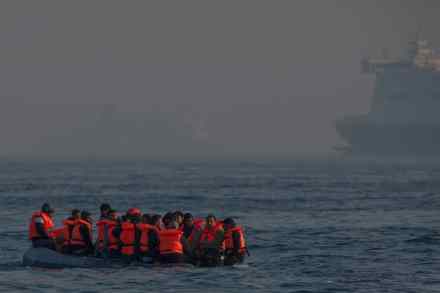The problem with the Bibby Stockholm barge
For British taxpayers perturbed by their £6 million daily bill for housing asylum seekers in hotels, New York City mayor Eric Adams has the solution: handbills. Exasperated by a sudden influx he characterises as a ‘disaster’, Adams plans to dispense police-tape yellow flyers both at the city’s 188 sites for housing migrants and at America’s overrun, purely notional southern border. The leaflets warn in English and Spanish: ‘Since April 2022, over 90,000 migrants have come to New York City. There is no guarantee we will be able to provide shelter and services to new arrivals. Housing in NYC is very expensive. The cost of food, transportation, and other necessities is



